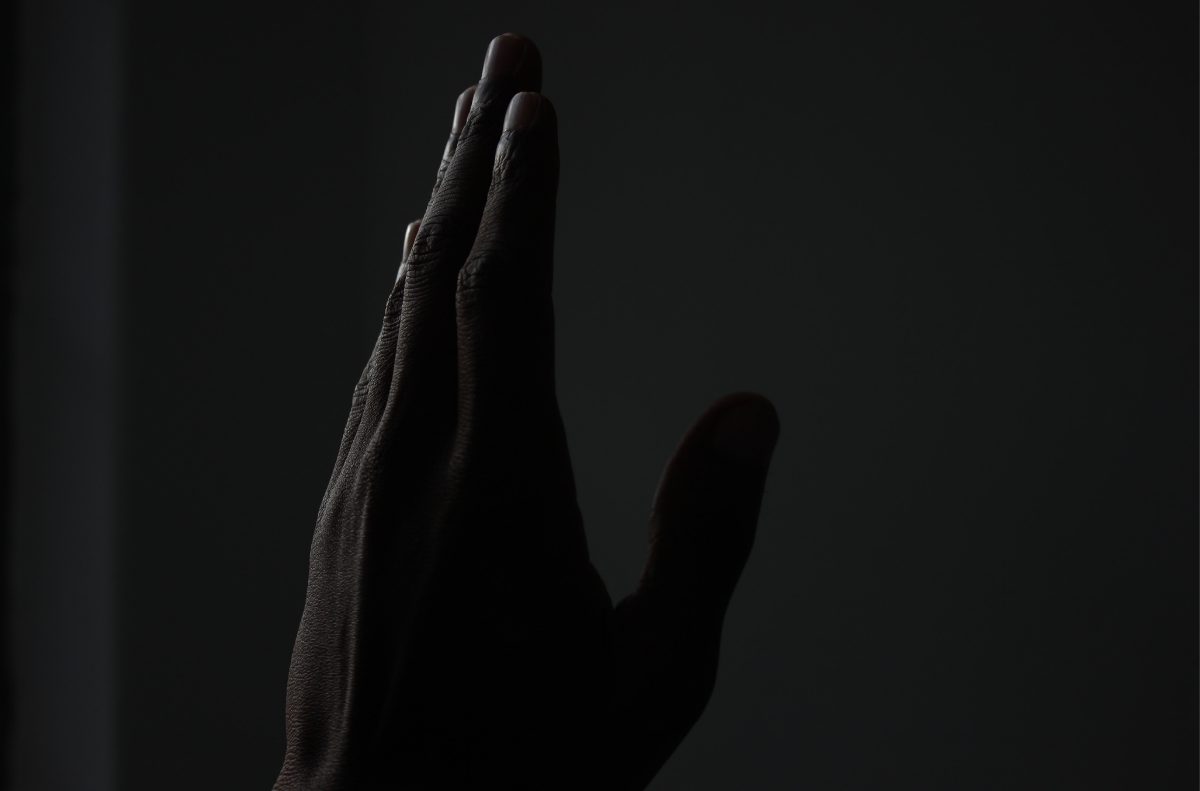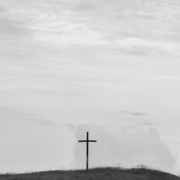A White army went to war against a Black army in Ghana in the 19th century—and my ancestors fought alongside the White army against the Black army.
History is more complex than we choose to remember. History isn’t black or white. History isn’t about oppressors and victims—we’re all oppressors, we’re all victims. No one is righteous—no, not one. No ethnic group, no tribe, no nation is innocent—no, not one.
Two weeks ago, I explained that Black history isn’t radically different from White history. Black people, White people—all people—share the same ancestor in Adam. Our differences are not greater than our similarities.
We may not share the same ethnicity, but we share the same ancestry. We may not share the same nationality, but we share the same nature. We may not share the same culture, but we share the same character.
And I shared last week that if I woke up as a White person tomorrow morning, it wouldn’t change who I am. My black skin doesn’t shape who I am. My skin colour doesn’t shape my character.
That is why my Fanti ancestors became allies with British colonialists against their Ashanti cousins. My Fanti ancestors considered the British less threatening than the Ashantis.
Fantis and Ashantis are both members of the Akan people in Ghana. Oral tradition says the Akan people migrated from Nubia and subsequently the Ghana Empire to settle in modern-day Ghana in the 12th century.
However, in the 13th century, Fantis separated from their Akan relatives in central Ghana, moving south to the coastal regions of the country to develop their own distinct group. Over time, Fantis and Ashantis became rivals and enemies because of disputes over land and gold.
By the 19th century, the Ashantis had developed into an empire, establishing themselves as perhaps the most powerful African group in sub-Saharan Africa. They expanded their empire through warfare, gold mining, and slavery. They became a notoriously oppressive and exploitative group, amassing other Akan lands and people as their own property for profit.
Fearing that they might lose their entire property and people to massacres and slavery, Fantis became allies with the foreign, British Empire to protect themselves from their Ashanti cousins. Fantis didn’t necessarily admire the British people. The British empire’s colonial aspirations were also a threat to Fantis. But they were the lesser evil, compared to the Ashantis. Especially since at that time, unlike the Ashanti Empire, the British Empire had abolished the slave trade. So between 1824 and 1900, Fantis joined the British Empire in four separate wars against the Ashantis.
This story is largely ignored in Ghanaian and Black history. Black history month is too often a celebration of Black people and a condemnation of White people. But history is more complex than that—we are more complex than that. In Ghana, White people and Black people were both guilty of oppression and exploitation.
But Ghana isn’t unique. One way or another, every group of people is guilty of oppression and exploitation. Adam oppressed Eve. Eve exploited Adam. Abel exploited Cain, Cain oppressed Abel. Romans exploited Jews, Jews oppressed Christians. Britain oppressed Ashantis, Ashantis oppressed Fantis. White Americans oppressed Black Americans, Black Americans exploit each other.
No one is innocent. We’re all perpetrators and victims of exploitation and oppression. No one is innocent, not Europeans, not Africans, not White people, not Black people—no one.
Why Did White people exploit Black people? The answer is the same for why Black people exploit White people, why we exploit our neighbours, why our neighbours exploit us, why you exploit me, why I exploit you: sin.
In some ways, that is the most human thing about us. The most consistent thing about every ethnicity and every culture is sin. We sin against each other, and we sin against God. That is the most consistent thing about every descendent of Adam, the human race.
However, although there is only one biological human race, the Bible teaches that God has produced a special, spiritual race from that one race. This race is produced not by the blood of Adam, but by the blood of Jesus Christ.
1 Peter 2:9 says, “But you are a chosen race, a royal priesthood, a holy nation, a people for his own possession, that you may proclaim the excellencies of him who called you out of darkness into his marvelous light.”
That chosen race, that holy nation includes some of my Fanti ancestors and their Ashanti oppressors. It includes White people and Black people. It includes slaves and their masters. It includes people like you and people like me: repentant, forgiven sinners.
And that is why one day, a great multitude that no one could number, from every nation, from all tribes and peoples and languages, will stand before the throne and before the Lamb, clothed in white robes, with palm branches in their hands, and crying out with a loud voice, “Salvation belongs to our God who sits on the throne, and to the Lamb!” (Revelation 7:9)

